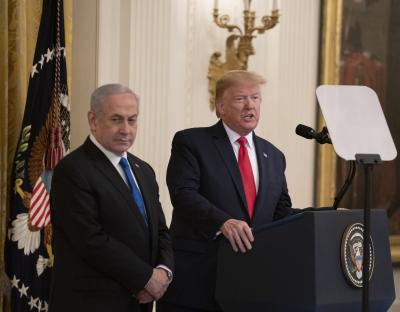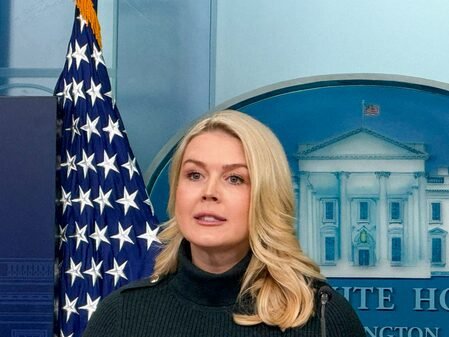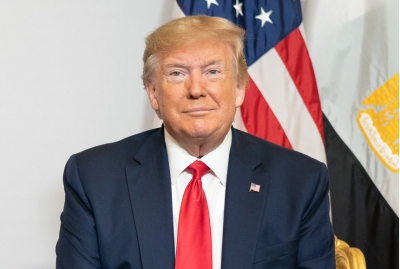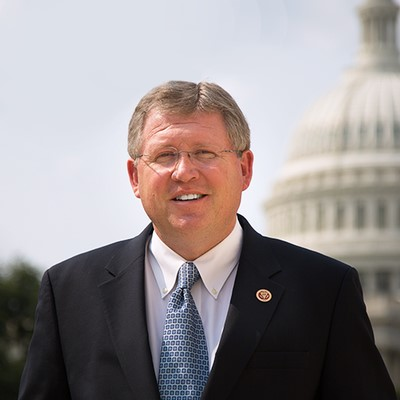
Hyderabad22nd April 2024 : In a significant move aimed at addressing issues of representation and empowerment, Asaduddin Owaisi, the chief of the All India Majlis-e-Ittehad-ul-Muslimeen (AIMIM), has called for quotas specifically designated for Muslim women in Bihar. This proposal marks a noteworthy step towards fostering inclusivity and ensuring equitable opportunities for all segments of society.
Owaisi’s advocacy for quotas for Muslim women comes in the context of ongoing discussions about social justice and political representation. Historically, marginalized communities, including Muslim women, have faced systemic barriers to access education, employment, and political participation. By advocating for quotas, Owaisi seeks to address these inequalities and create avenues for greater representation at decision-making levels.
The proposal is particularly significant in the context of Bihar, a state with a diverse demographic composition and a significant Muslim population. By advocating for quotas, Owaisi aims to amplify the voices of Muslim women and address their unique concerns and aspirations.
The call for quotas for Muslim women aligns with Owaisi’s broader agenda of social justice and empowerment for minority communities. Throughout his political career, Owaisi has been a vocal advocate for the rights of marginalized groups and has consistently championed their cause in various forums.
However, Owaisi’s proposal is not without its share of controversy and debate. Critics argue that quotas based on religious or gender identities may exacerbate divisions and dilute the principle of meritocracy. Furthermore, there are concerns about the feasibility and implementation of such quotas within the existing framework of governance and legislation.
Nevertheless, Owaisi’s advocacy for quotas for Muslim women in Bihar has sparked a crucial conversation about representation and inclusivity in Indian politics. Regardless of the outcome, the proposal underscores the importance of addressing the systemic inequalities faced by marginalized communities and working towards a more inclusive and equitable society for all. As the discussion unfolds, it remains to be seen how stakeholders will engage with this proposal and what implications it may have for the future of politics and governance in Bihar and beyond.








